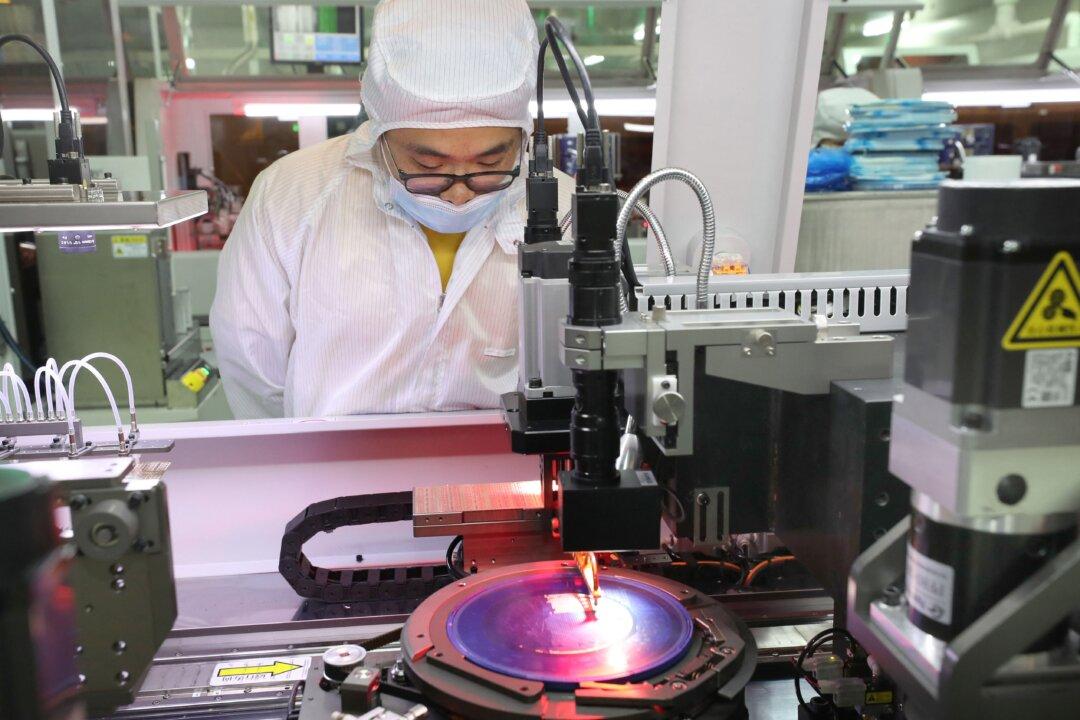A major high-tech industry center in China is ramping up testing after the Omicron variant of Covid-19 was detected. Tightened restrictions halted production in plants run by international companies like Bosch and Taiwan’s chipmaker UMC, putting further strain on supply chains.
Suzhou, a trading and industrial hub in the eastern province of Jiangsu, has reported 35 infections with confirmed symptoms in the new wave of COVID infections, a top city official said at the press conference on Feb. 16.




